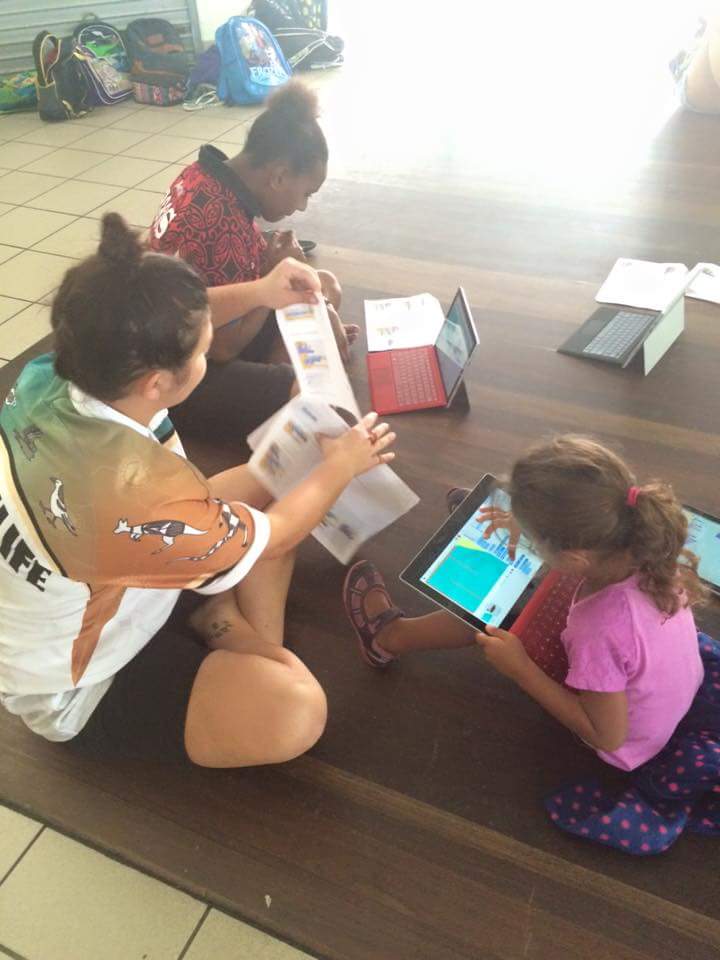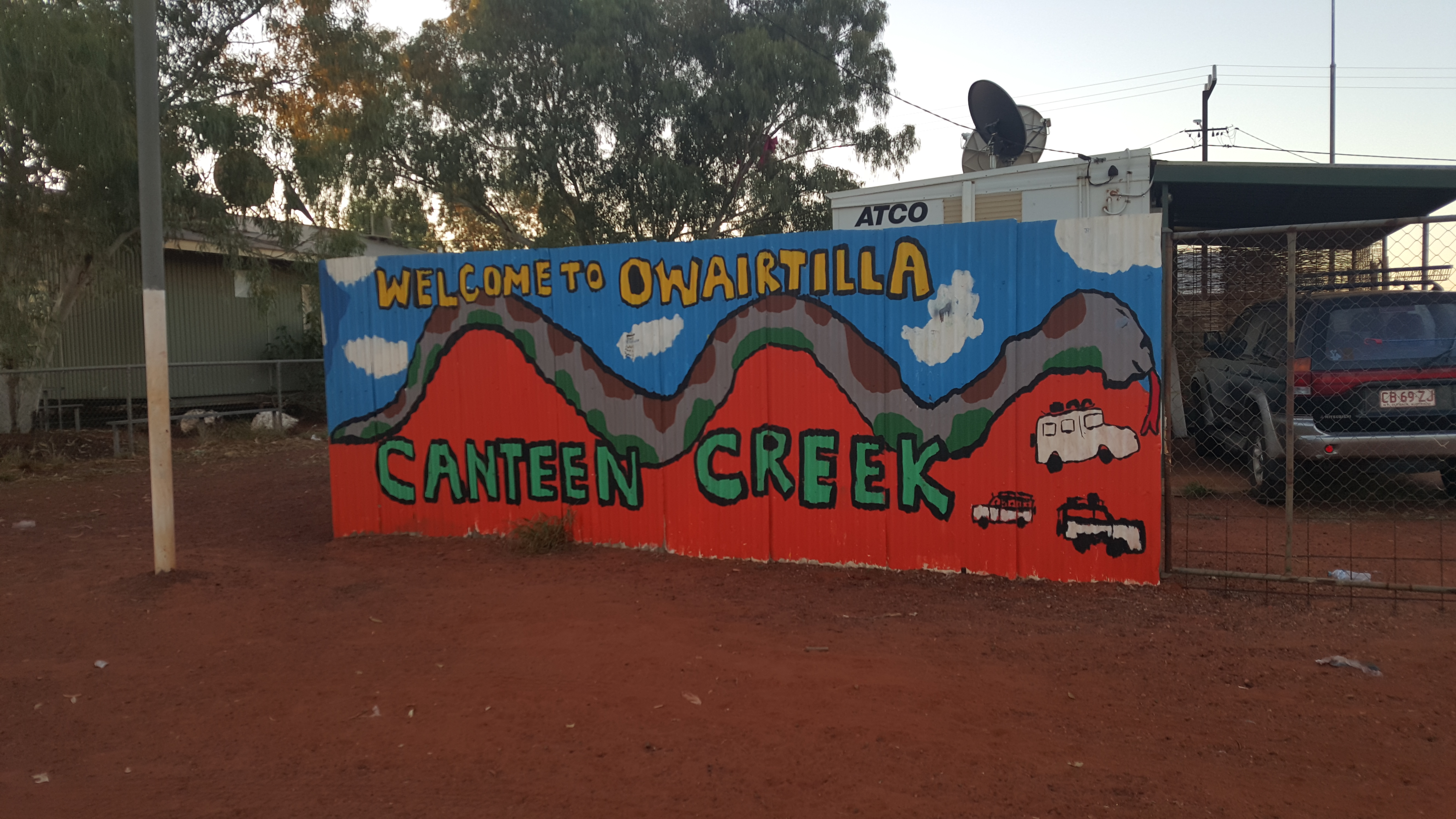Teacher Feature – Zoe Cassim, The Narragunnawali team

Julie: Tell us about yourself.
Zoe: I am a Widjabul-Wiabul woman from Bundjalung Country in northern New South Wales. I grew up being privileged enough to have both fresh and salt water on my Country, as well as mountains and rain forests. So my experiences with Country growing up were really powerful and positive. I became a teacher because I decided that the education system needed to change. I got sick and tired of the racism that I experienced in the classroom as a light skinned Aboriginal person and having my identity as well as my worth constantly questioned by those who were too ignorant to see my value as an Aboriginal woman. I decided to be the change that I wanted to see in the classroom. My goal is that every student and every teacher that I come into contact with understands their value and who they are, and that they see themselves in what is being taught so that teaching and learning is actually relevant for them.
Since graduating, I have never taught in a school classroom. I spent three years working for the National Centre of Indigenous Excellence (NCIE) as part of the Indigenous Digital Excellence (IDX) team, where I was lucky enough to learn about Lego Robotics, 3D printing with CAD design and game coding. The important thing was that we were able to link those technologies with Aboriginal sciences and stories. The focus of this program was that the technology became the tool but the Aboriginal sciences and knowledges were the frameworks and the content that we taught. We got to travel to different rural and remote communities around the country. In each of these we incorporated local knowledges in appropriate ways with Elders and community members. We learnt about different cultural practices around sustainability and what each individual community was doing towards caring for Country. For example, in Gunbalanya, they have an Aboriginal rangers program as part of the national park that surrounds the community. We used robots and drones to collaboratively work out ways we could support the community to care for Country in different ways while being culturally safe and appropriate.
Julie: Can you tell us what Caring for Country means to you and why it is important?
Zoe: It’s important to me because as an Aboriginal woman, Country (waterways and skies are included in this) is where we get our languages, traditions and cultures: it is central to everything that we do and that we are as Aboriginal or Torres Strait Islander people. It’s also important to me as a soon to be mum and as an educator. I would like there to be a healthy environment for my children to grow up with, to experience and learn about rather than all of the devastation that we are currently experiencing around the world.
As an educator, scaffolding student and teacher understanding of Country is essential because we need to instil a sense of responsibility about caring for Country to all of our young ones. Simple things like recycling and turning off taps all add up to taking responsibility. The younger generations must be taught how to be positive active citizens, to ignite the change that we need to save the environment and solve today’s struggles and questions around our environment and climate change.

Julie: What can schools and early learning services learn from Aboriginal and Torres Strait Islander practices and philosophies of caring for Country?
Zoe: Sustainability and environmental health is everyone’s business. As Aboriginal peoples, we may have a unique connection to Country but if we don’t instil a sense of responsibility in all members of our future generations, we won’t have much of an environment to live in.
With over 100,000 years’ worth of knowledges, there’s so much we can learn from Aboriginal and Torres Strait Islander peoples. It’s important that we take the time to learn about the cultural practices for caring for Country in our local communities and across the country, and look after the land, rather than constantly extracting resources from it. We can gain so much from learning about land management techniques such as the burning practices, especially coming into summer and with the severe fires we are already experiencing now. There were cultural burning practices that kept this country safe for tens of thousands of years. So why not learn about and utilise them!


